| item(s), Total: $0.00 View Cart |
| Shopping cart is empty. |
|
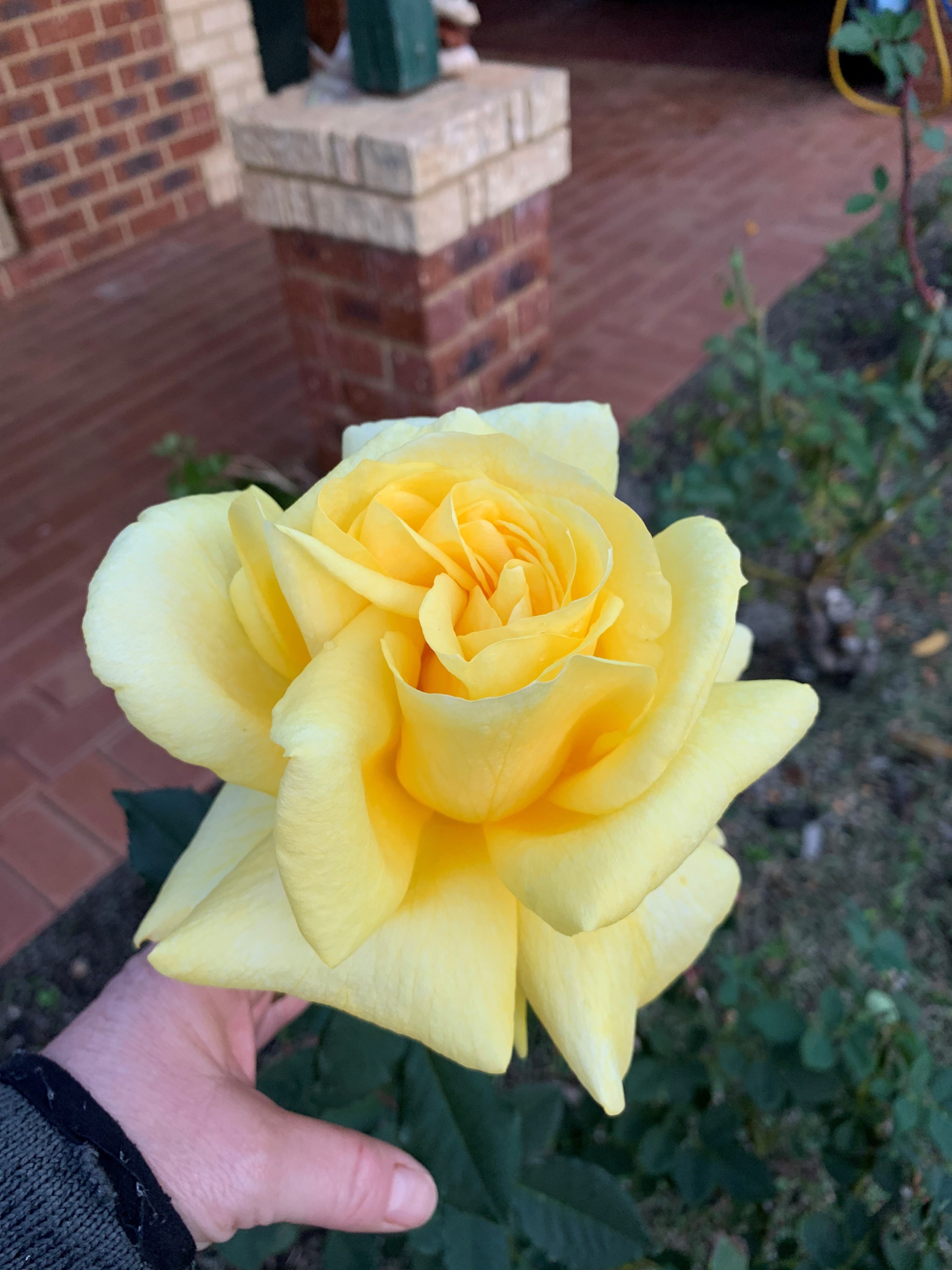 | 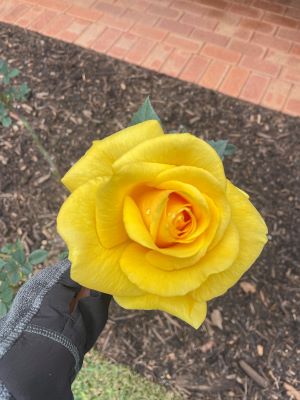 |
I think you'll agree the depth of colour is noticeable in the 2nd rose - it's certainly looking healthy!
Rocky Rock Dust provides trace elements in a slow release form - the micro nutrients assist with overall plant health and vigour. It's great for fruit trees and roses - perennial plants that benefit from 'little & often' of continual nutrient availability. The 3 way mulch is our feeder mulch - woody mulch mixed with horticultural compost and sheep manure in equal thirds; so it's a great way to mulch and feed at the same time if your soil needs a boost.
Thank you again Esther for sending in your rose photos. Remember we draw a winner at random every month; if you'd like to be in the running (and who doesn't like $50 to spend on gardening goodies?) simply email in your photos with a few lines about what you're growing, or your garden philosophy - and it could be YOU next time!
Retailer Update
 Please support your local independent retailer who supports us! The specialist retailers listed here will be happy to give you gardening advice and help you with our products - please call to check what lines they carry as they can't stock all of our products (but may be willing to get stock in for a custom order - if you ask nicely!). Some of these fabulous retailers also offer a home delivery service (marked with *) - so why not go local? (Please contact the store directly for details.)
Please support your local independent retailer who supports us! The specialist retailers listed here will be happy to give you gardening advice and help you with our products - please call to check what lines they carry as they can't stock all of our products (but may be willing to get stock in for a custom order - if you ask nicely!). Some of these fabulous retailers also offer a home delivery service (marked with *) - so why not go local? (Please contact the store directly for details.)
Bar Botanik - North Perth 9227 6758 (Indoor Potting Mix & Aroid Mix only)
Daisy Field Organics - Fremantle 0450 793 720
Garden Elegance - Subiaco 9381 2197
Guildford Town Garden Centre* - Guildford 9279 8645
Harbour Plants*- South Fremantle 0439 967 034
Hydroponics Guru (Living Soil only) - Wangara 0430527575
Kambarang Garden Centre* - Bentley 9458 5944
Lighthouse Fruit Tree Nursery - Parkwood 0411 166 034
Miaflora - Inglewood 9343 6334
Newstead Outdoors* - Greenwood 9334 6334
Nibali Stockfeed* - Hamilton Hill 9433 2211
Richo's 4 Hydro - Joondalup 9301 4462
Stanbee Stockfeeds* - Barragup 9581 2390
Supreme Plants - West Swan 0499 887 275
Swan Valley Station - Swan Valley 0427 371 001
Tass1 Trees - Middle Swan 0419 988 344
Urban Revolution* - Victoria Park 6102 1068
Utopia Nursery - Bullsbrook 0455 659 622
Waldecks Kingsley* - 9309 5088
Waldecks Melville* - 6317 0939
Waldecks Stirling* - 9254 6730
Zanthorrea Nursery - Maida Vale 9454 6260
All Things Stock (Muchea) 0480 740 638
Ardess Nursery (Albany) 9842 9952
Australind Landscaping Supplies 9796 1720
Boyup Brook Co-op (Boyup Brook) 9765 1001
Extracts Landscaping Supplies (Toodyay) 0417 202 718
Great Northern Rural Services (Geraldton) 9964 1274
Handy Hands Nursery (Karratha) 9413 1801
Hillview Garden Centre (Bridgetown) 9761 1672
Margaret River - Nutrient Ag Solutions 9758 7677 (Premium Potting Mix & Compost) - Pictured above
Mitre 10 Margaret River 9757 2455 (Square Foot Mix & Veg Concentrate)
Naturaliste Landscape Supplies (Busselton) 9754 8081
Soils Ain't Soils (Busselton & Dunsborough) 9751 5322

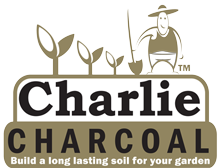

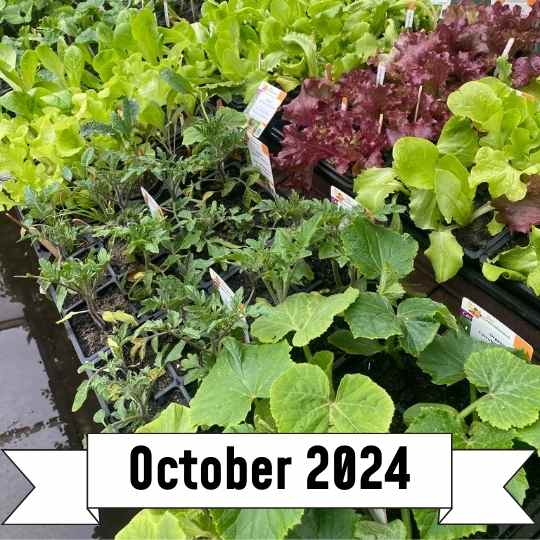 Hello and welcome to OCTOBER!
Hello and welcome to OCTOBER!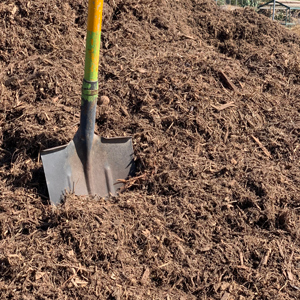 Hopefully - you're aware of the devastating impact that Polyphageous Shot Hole Borer is having across Perth. There are restrictions in place for moving plants and mulch - with trunk or particle sizes larger than 2.5cms in diameter. Nurseries are undergoing training to be able to check stock for the pest and certify that trees sold are not infected.
Hopefully - you're aware of the devastating impact that Polyphageous Shot Hole Borer is having across Perth. There are restrictions in place for moving plants and mulch - with trunk or particle sizes larger than 2.5cms in diameter. Nurseries are undergoing training to be able to check stock for the pest and certify that trees sold are not infected. Weeds- Many are going to seed at this time. Time to rip these babies out or even slash them, whatever action you choose will help to minimise spread. See our
Weeds- Many are going to seed at this time. Time to rip these babies out or even slash them, whatever action you choose will help to minimise spread. See our  Fruit Trees- At this time of year it is important to keep an eye on flowering and fruiting trees. If you have fruit fly in your area, start netting those trees now - as soon as fruit has set! (We sell insect netting packs @ GLSC). See our
Fruit Trees- At this time of year it is important to keep an eye on flowering and fruiting trees. If you have fruit fly in your area, start netting those trees now - as soon as fruit has set! (We sell insect netting packs @ GLSC). See our  Check out our free
Check out our free  While the weather is mild, NOW is the time to give some attention to your garden to make sure it is resilient and ready for the hottest weather only a few months away. Don't leave it until your plants are stressed and dying - you can set your garden up for success with a little bit of effort. By building the soil health now, you won't need to keep drenching your soil with soil wetter to get water to the plant roots and stop it running off.
While the weather is mild, NOW is the time to give some attention to your garden to make sure it is resilient and ready for the hottest weather only a few months away. Don't leave it until your plants are stressed and dying - you can set your garden up for success with a little bit of effort. By building the soil health now, you won't need to keep drenching your soil with soil wetter to get water to the plant roots and stop it running off. The volume we'd recommend does depend a bit on what your soil is like to begin with. You're welcome to bring in a small sample (or samples) from your garden and we can do a free pH test and look at the soil structure to make a recommendation. In most cases, using about 2-5L per m2 of Charlie Charcoal and 5-10kg of Cassies Clay per m2 is about right... If you use a lesser quantity, you can always add more if you feel it's required. You may find it enough in some areas and yet need to add more in others.
The volume we'd recommend does depend a bit on what your soil is like to begin with. You're welcome to bring in a small sample (or samples) from your garden and we can do a free pH test and look at the soil structure to make a recommendation. In most cases, using about 2-5L per m2 of Charlie Charcoal and 5-10kg of Cassies Clay per m2 is about right... If you use a lesser quantity, you can always add more if you feel it's required. You may find it enough in some areas and yet need to add more in others.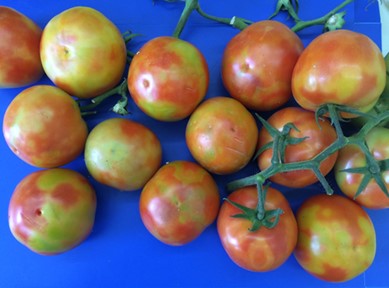 Unfortunately, another new disease of tomatoes, chilies and capsicums has been found in Australia. The Tomato Brown Rugose Fruit Virus has been detected for the first time in South Australia - causing a quick response from quarantine, banning movement of all tomato, capsicum and chilli plant material (including seeds) around the country.
Unfortunately, another new disease of tomatoes, chilies and capsicums has been found in Australia. The Tomato Brown Rugose Fruit Virus has been detected for the first time in South Australia - causing a quick response from quarantine, banning movement of all tomato, capsicum and chilli plant material (including seeds) around the country.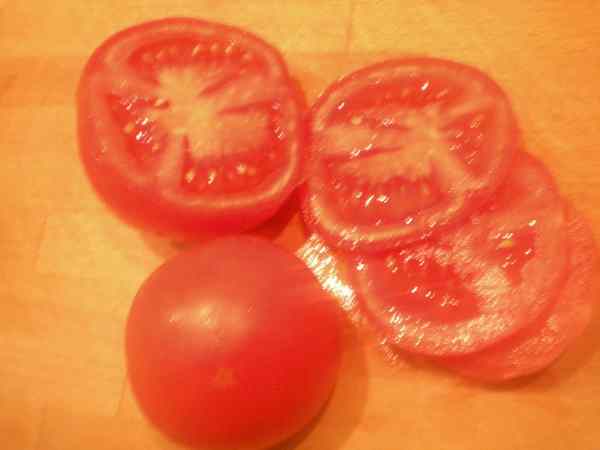 Tomato seeds are easy to save and can be used to grow your own tomatoes year after year. Placing the seeds in a jar and fermenting them helps break down the gelatinous substance that surrounds the seed and prevents germination. During the fermentation process, yeast and beneficial bacteria destroy any diseases that might be lurking on the outside of the seedcoat. Choose ripe and healthy tomatoes from open-pollinated or heirloom varieties. Avoid hybrid/ F1 tomatoes, as they will not produce true to type offspring (All the varieties Thrive sustainability sell are open pollinated) Cut the tomatoes in half and scoop out the seeds with a spoon into a glass jar. If there is not too much gel/liquid, you can add some water to cover the seeds and label the jar with the variety name and date. Cover the jar with a muslin cloth or like prevent flies entering.
Tomato seeds are easy to save and can be used to grow your own tomatoes year after year. Placing the seeds in a jar and fermenting them helps break down the gelatinous substance that surrounds the seed and prevents germination. During the fermentation process, yeast and beneficial bacteria destroy any diseases that might be lurking on the outside of the seedcoat. Choose ripe and healthy tomatoes from open-pollinated or heirloom varieties. Avoid hybrid/ F1 tomatoes, as they will not produce true to type offspring (All the varieties Thrive sustainability sell are open pollinated) Cut the tomatoes in half and scoop out the seeds with a spoon into a glass jar. If there is not too much gel/liquid, you can add some water to cover the seeds and label the jar with the variety name and date. Cover the jar with a muslin cloth or like prevent flies entering. Would you like to help us preserve open pollinated varieties of seed, build local resilience and food security?
Would you like to help us preserve open pollinated varieties of seed, build local resilience and food security?  This month, we're giving you the opportunity to grab some of our Rocky Rock Dust at a special price.
This month, we're giving you the opportunity to grab some of our Rocky Rock Dust at a special price.




















